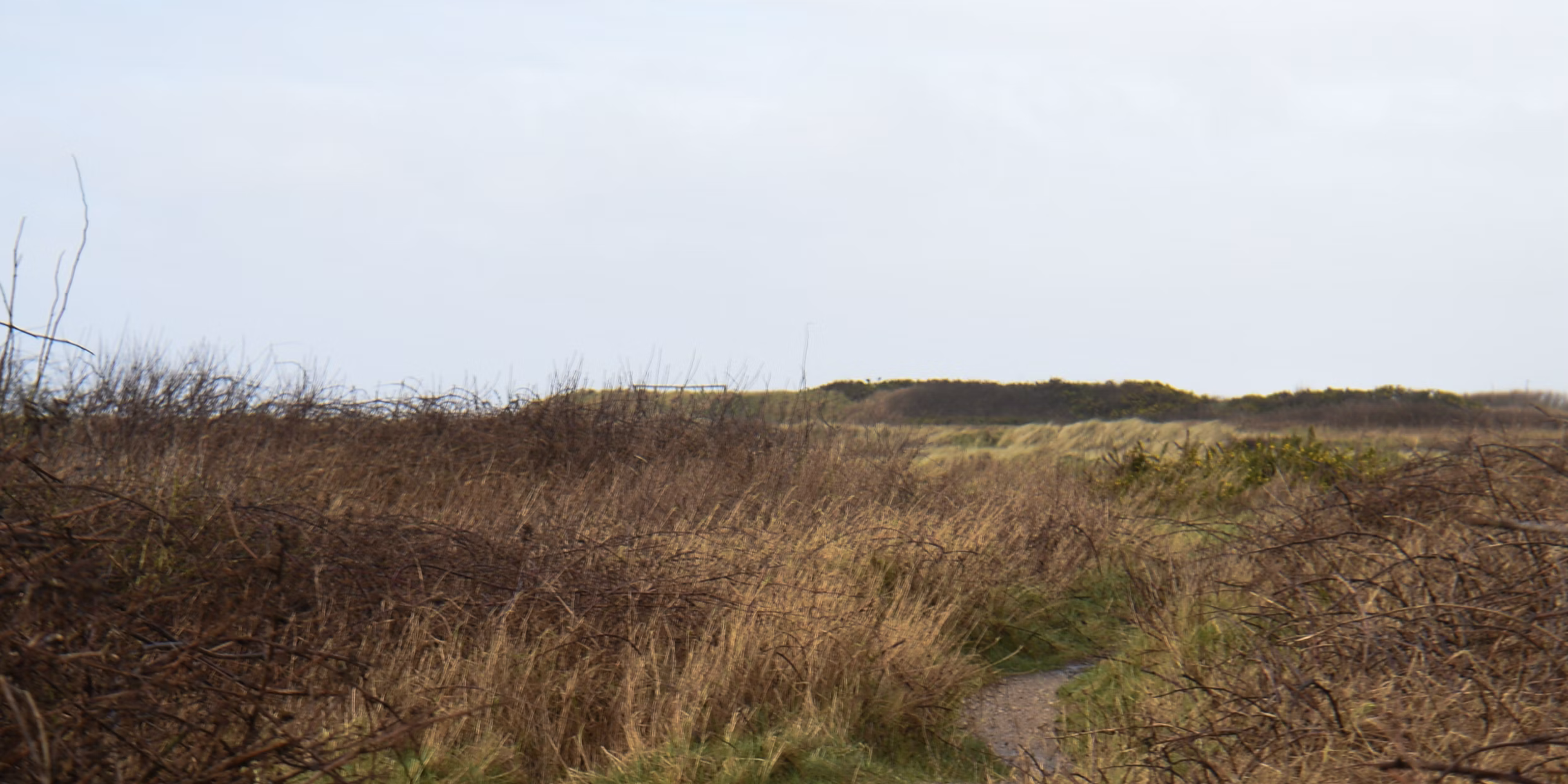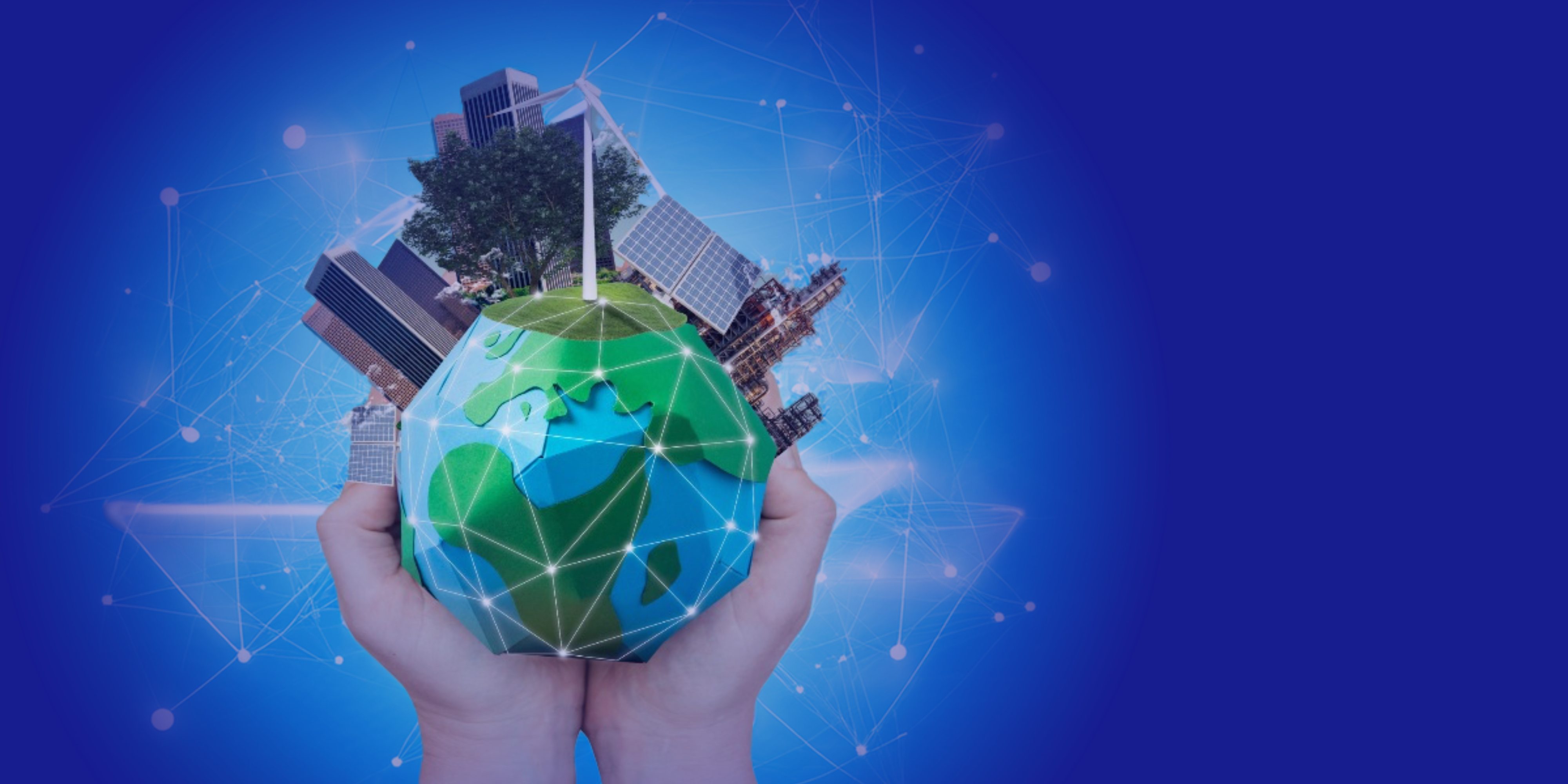World Water Day 2022 – Can the waste sector aid government in closing the water deficit by 2030?
South Africa is the 36th most water-scarce country in the world and according to recent reports, we run the risk of facing a 17% increase in water shortage by 2030.
With 7 of the 13 major water systems in South Africa predicted to be in deficit by 2040, and worse yet, the National Water and Sanitation Master plan indicates that if serious action is not taken timeously, the demand for water will exceed the available supply by 2030 – that’s between 10% and 15% deficit. It is no shock then that Government, in the recent SONA address, placed an urgent focus on both water perseveration and availability with the promise of improving sustainable water supply, safe water and wastewater service delivery in the short term.
As we commemorate World Water Day on 22 March 2022, with its core focus on supporting the achievement of Sustainable Development Goal 6 (SDG): water and sanitation for all by 2030 – and under the Groundwater: making the invisible visible, we must ask ourselves how critical is wastewater and effluent management in meeting this agenda and what are the dire consequences of not getting this right pre-2040?
The World Bank estimates that $114 million is needed annually to reach the United Nations’ 2030 Sustainable Development Goals (SDGs) related to water alone and so there is a large task ahead and all hands on deck are needed. In fact, to reach this, we need to create a much more diverse water mix, including groundwater and water reuse. We must also fix the infrastructure and skill deficiencies and start embracing technologies; we must plan for the impact of climate change, and we must ensure effective wastewater management and treatment.
So, as you can see, there is much work to be done and this is where wastewater and effective water treatment and management is fundamental to not only the water mix but to Government’s 2022 objectives - safer drinking water and larger access to water across the country. Wastewater plays an important role in improving water quality by minimising pollution and the release of chemicals and waste into water, as well as increasing recycling and reusing water across the globe thereby preserving this precious resource.
In our experience wastewater management can result in the redistribution of water into the environment for irrigation and dust suppression, as well as to replenish rivers and catchments in our water infrastructure networks. And while we have had a very rainy season, it will not last forever and so, large water-consuming industries need to consider the different technologies available to drive this agenda.
Wastewater treated to the required standards ensures this water can be effectively reused. In fact, we have found that nearly all effluent can be recycled, if done properly, creating a strong solution for water sustainability and access – water that was previously not deemed safe for consumption.
However, to truly ensure a safer and more robust water supply, corporate South Africa and Government need to work together to build suitable infrastructure to support the water mix and find solutions that are most effective, as well as at the most economic cost and at the highest efficiency rates as possible.
So, this World Water Day consider your own impact on South Africa’s water supply and consider for a minute… would your industry survive without water? If your answer is no, then there is no better time than now to find innovative solutions to your water usage – not only is it good for the environment but can substantially impact your ESG targets.



SUBMIT YOUR COMMENT